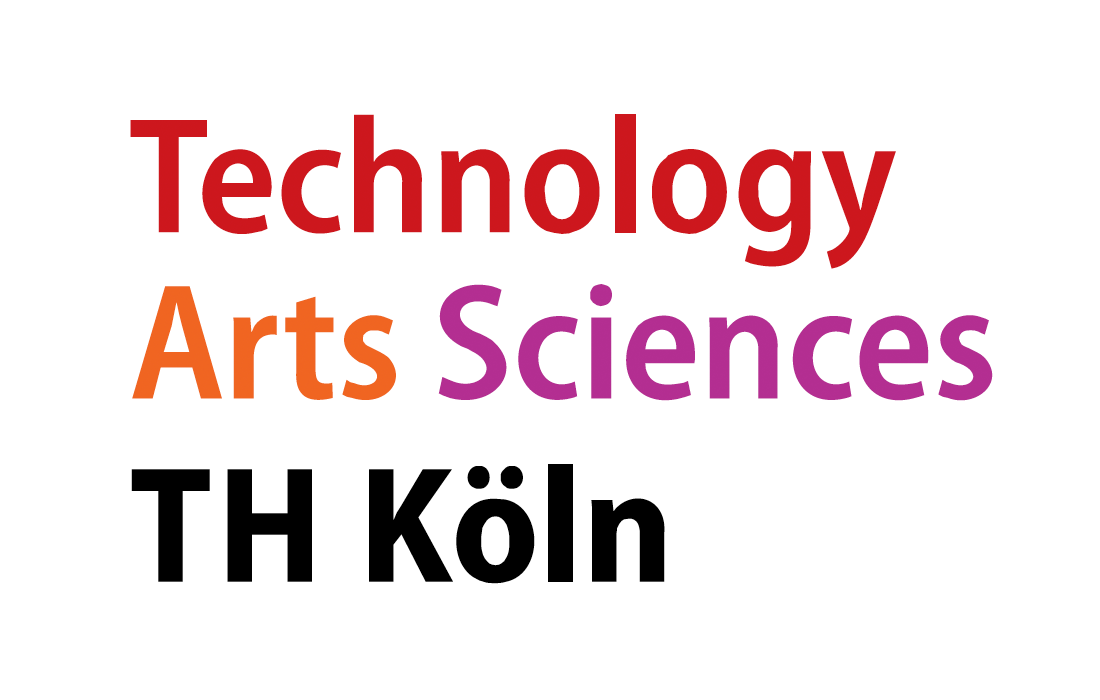Beitrag zu Handlungsfeldern
Nachfolgend ist die Zuordnung des Moduls zu den Handlungsfeldern des Studiengangs aufgeführt, und zwar als anteiliger Beitrag (als ECTS und inhaltlich). Dies gibt auch Auskunft über die Verwendbarkeit des Moduls in anderen Studiengängen und über die Beziehung zu anderen Modulen im selben Studiengang.
| Handlungsfeld |
ECTS (anteilig) |
Modulbeitrag zum Handlungsfeld |
| Generating and Accessing Knowledge |
4 |
Students learn modelling and optimisation methods that are typically used for solving managerial planning and decision problems. They will be able to assess the applicability, usefulness and limitations of these methods and develop alternative strategies.
|
| Empowering Business |
1 |
Knowledge of such methods is useful in solving managerial planning and decision problems.
|
| Designing Innovations and Products |
1 |
Modelling and optimisation techniques are also used in the automation and the design of processes and new products.
|
Learning Outcome
- Students learn modelling and optimisation methods by being introduced to them in the lectures and applying these in practical examples. Such techniques are typically used for solving managerial planning, product, and process desing as well as decision analysis and decision making.
- Students will be able to assess the applicability, usefulness and limitations of these methods and develop alternative strategies by discussiong these in detail and resoning about improvements.
Inhaltliche Beschreibung des Moduls
- Basic understanding of optimisation problems and how to model these
- Linear optimisation problems and solving these with the Simplex Algorithm
- Duality and sensitivity analysis
- Discrete optimisation problems, typical instances like knapsack as well as TSP, and solving these with the Branch & Bound method
- Heuristic and meta-heuristic solutions methods and their application
- Multi-criteria decision analysis and making
- Lectures with integrated exercises
- Student reports and presentations
Zur Verfügung gestelltes Lehrmaterial
- Notes and slides from lectures
Weiterführende Literatur
- K. Neumann and M. Morlock: Operation Research Carl Hanser Verlag, 1993
- P. A. Jensen and J. F. Bard: Operation Research – Models and Methods, John Wiley & Sons, 2003
- F. S. Hillier and G. J. Liebermann: Operations Research, McGraw-Hill, 1994
